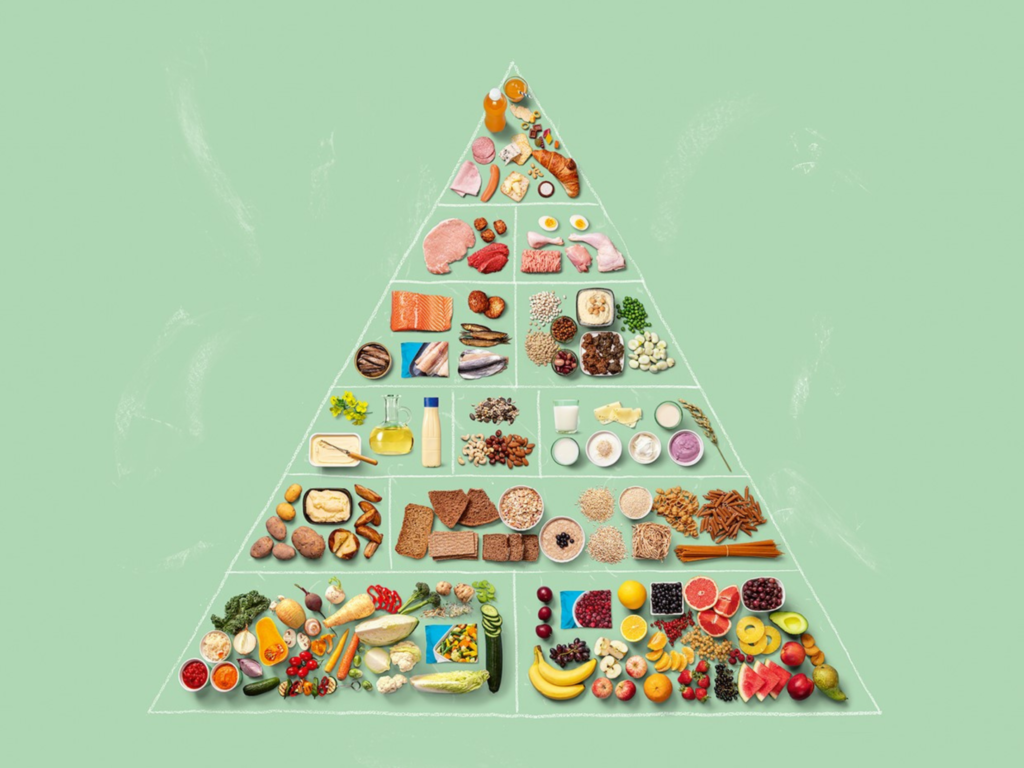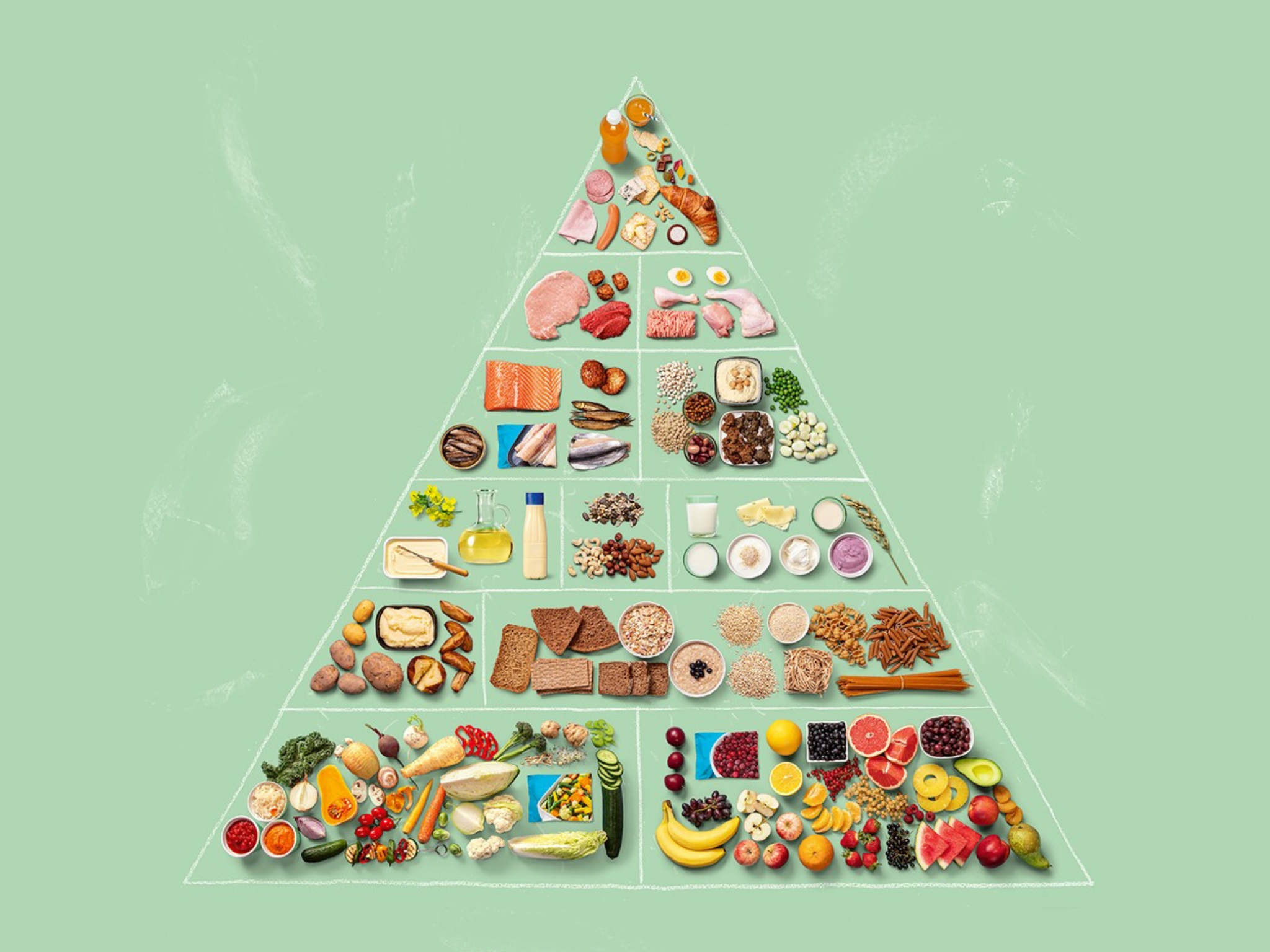Finland has updated its national dietary guidelines, emphasising a shift towards plant-based eating while cutting back on red meat, alcohol, and caffeine consumption.
The new dietary recommendations, produced by a working group led by the National Nutrition Council, are Finland’s first update since 2014. The guidelines focus on reducing meat consumption, particularly red meat, and increasing the intake of plant-based foods such as legumes, whole grains, and tofu. These measures are designed to not only benefit personal health but also contribute to a reduction in the environmental impact of food production.
A Shift Towards Plant-Based Proteins
The updated guidelines propose limiting red meat consumption to 350g per person per week, a reduction from the previous cap of 500g. However, the Finnish Food Authority hopes individuals will eat even less than the maximum. Processed meats, such as sausages and cold cuts, should be minimised, and red meat should be entirely avoided as a snack.
Plant proteins such as legumes, tofu, and whole grains are strongly recommended as substitutes. Finns currently consume only 13g of legumes per day, far below the suggested 50–100g. Legumes are an excellent source of plant protein and, alongside cereal products, can effectively replace meat in the diet while reducing the environmental impact of food consumption experts suggest.
More Fruits, Vegetables, and Berries
The recommendations call for increasing daily intake of fruits, vegetables, and berries to 500–800 g, up from the previous 500-g benchmark set in 2014. These foods not only promote better health but also contribute to environmental benefits, aligning with Finland’s commitment to sustainability.
Professor Maijaliisa Erkkola, chair of the working group behind the guidelines, highlighted the importance of diversifying diets with more whole grains and plant-based foods. “Our common challenge is to increase and diversify the consumption of whole grains, vegetables, berries, and fruits while reducing red meat and meat products,” she noted.
Cutting Down on Alcohol and Caffeine
The guidelines now recommend drinking as little alcohol as possible, as there is no definitive safe level of consumption. This is a departure from the 2014 advice, which set a maximum daily alcohol limit.
Caffeine recommendations have also been introduced for the first time. Adults should limit their caffeine intake to 400 mg per day—equivalent to about four cups of filtered coffee—while pregnant and breastfeeding women should consume no more than 200mg. The guidelines also advise cutting back on unfiltered coffee, such as espressos and Greek or Turkish -style coffee, which may increase cholesterol levels and blood pressure.
The reduction in coffee consumption is not only a health measure but also an environmental one. Coffee is among the Finnish diet’s most biodiversity-intensive products, contributing significantly to global ecological strain.

Courtesy: Finnish Food Authority
Fortified Plant-Based Foods and Environmental Focus
Fortified plant-based alternatives, such as plant milks and spreads, are recommended to meet key nutritional needs, including vitamins D, B12, and calcium. The new guidelines also encourage replacing animal fats with plant-based oils high in unsaturated fats, while limiting tropical oils like palm and coconut for their negative environmental impacts.
Domestically grown legumes like peas and white beans are promoted as sustainable options over imported soybeans. Researchers are exploring new varieties of legumes suited to Finland’s climate to reduce reliance on imports in the long term.
A Nordic Vision for Sustainability
Finland’s updated dietary guidelines align with the broader Nordic Nutrition Recommendations, which integrate climate considerations. This reflects the region’s ambition to become the world’s most sustainable and integrated region by 2030.
Ultimately, how one eats is a personal choice, but it’s good to be aware that a more plant-based diet not only reduces health risks but also mitigates climate change and biodiversity loss.
A Call for Healthier Choices
By embracing these guidelines, Finland hopes to steer its population towards healthier eating habits that also benefit the planet. With reduced meat consumption, increased plant-based foods, and thoughtful choices about alcohol and caffeine, the recommendations aim to create a balance between personal health and global sustainability.
For more information
https://www.ruokavirasto.fi/en/foodstuffs/healthy-diet/sustainable-food-choices-on-the-plate

